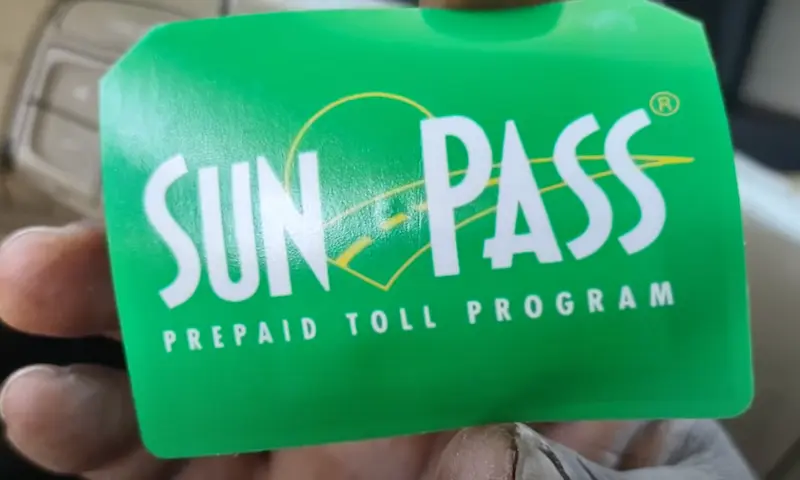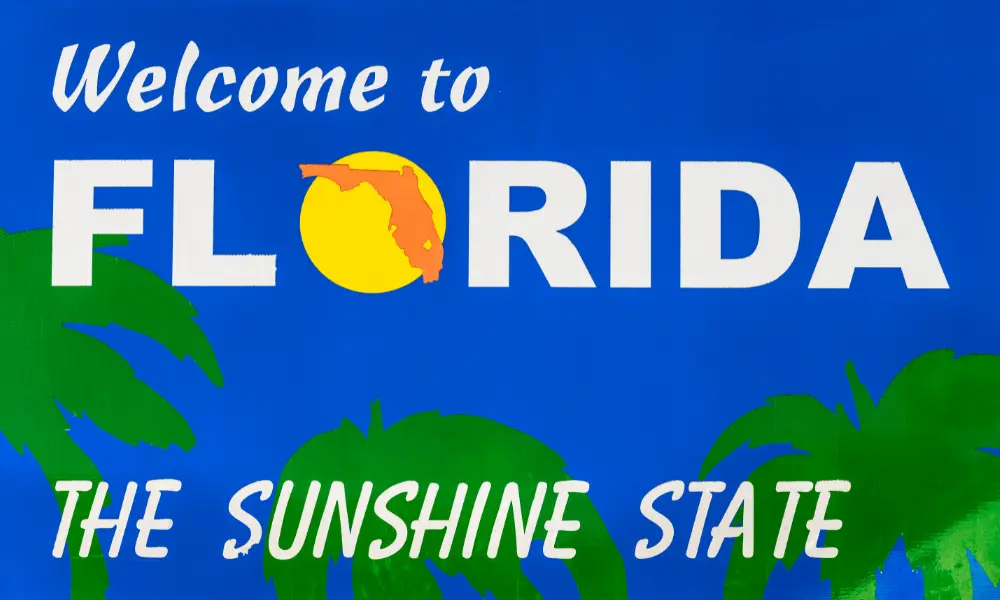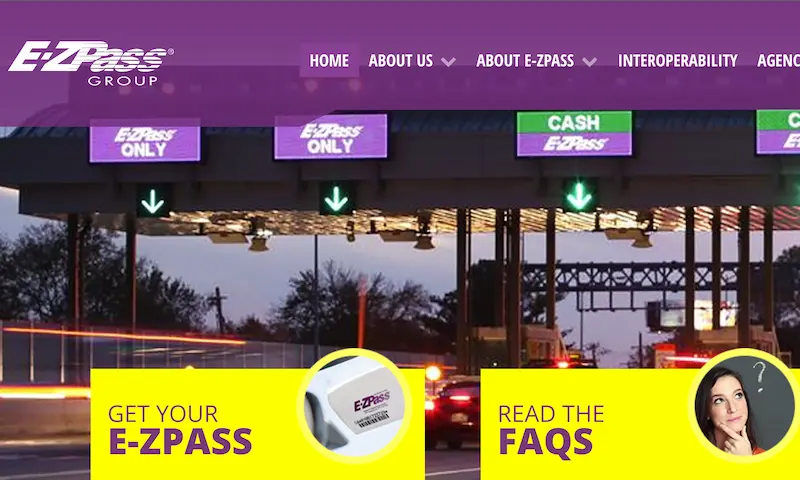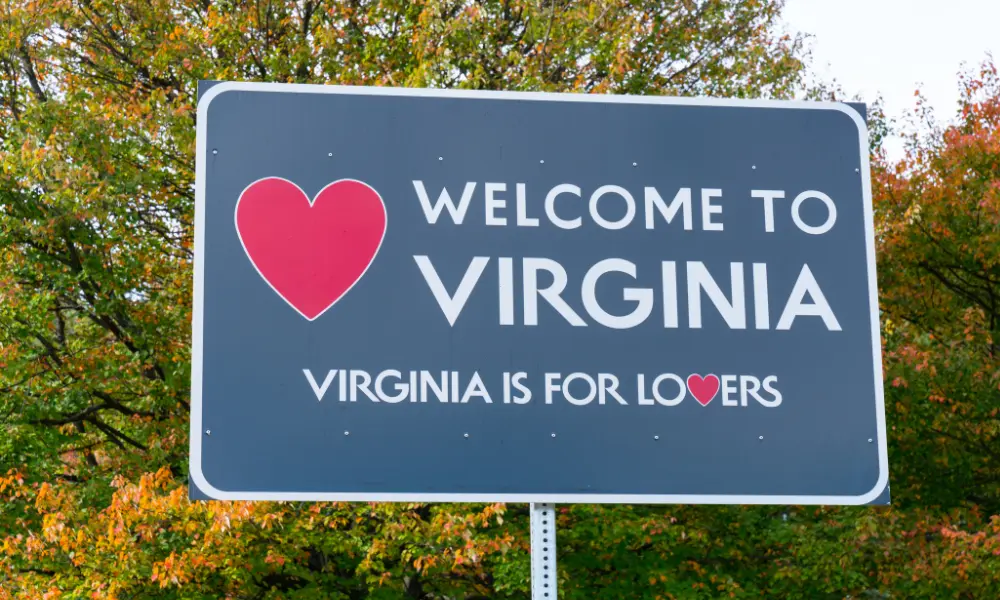Have you recently received a text message about an unpaid toll from NC Quick Pass? Before you click that link or make a payment, stop right there. What looks like a routine toll notification might actually be part of a sophisticated scam that’s targeting thousands of North Carolinians and drivers across multiple states. These fraudsters are getting better at impersonating official toll services, and even the state’s Attorney General has been targeted. Let’s break down how these scams work and what you can do to protect yourself.
The Anatomy of NC Quick Pass Scams
These text scams have exploded in popularity, with the FBI receiving over 2,000 complaints in a single month from just three states. The messages typically claim you have an unpaid toll that needs immediate payment to avoid penalties.
Here’s what a typical scam text looks like:
“North Carolina Tolls Services, our records indicate that your vehicle has an unpaid toll invoice. To avoid additional charges of $76.00, please settle your balance of $7.60 at [fraudulent website link]”
The fraud works because it:
- Creates false urgency with threat of penalties
- Uses official-sounding language
- Targets people randomly (not just NC Quick Pass customers)
- Directs victims to convincing but fake websites
The scammers have grown more sophisticated, initially operating from Canada before moving operations to the United States. Their websites often closely mimic the official NC Quick Pass site with domains like “ncquickpassinvoicetolls.com” that appear legitimate at first glance.
How Legitimate NC Quick Pass Actually Works
To spot the scams, it helps to understand how the real NC Quick Pass system operates.
NC Quick Pass is North Carolina’s electronic toll collection program run by the North Carolina Turnpike Authority. It covers toll roads including the Triangle Expressway, Monroe Expressway, and I-77 Express Lanes.
The legitimate program works through:
- Transponders for registered customers (saving 50% on tolls)
- Bill-by-mail for unregistered drivers
- Partnerships with 19 other states’ toll systems including E-ZPass, SunPass, and Peach Pass
Most importantly, NC Quick Pass follows strict communication protocols:
| Communication Method | Legitimate NC Quick Pass | Scam Messages |
|---|---|---|
| Text Messages | Only from short code 696277, never requests payment | Random numbers, always requests payment |
| Emails | Only from [email protected] | Various fake domains |
| Payment Requests | Only via mailed invoice or through official website | Texts, emails with suspicious links |
| Websites | Only ncquickpass.com or secure.ncquickpass.com | Similar-looking domains with extra words |
Red Flags That Scream “Scam”
When it comes to identifying NC Quick Pass scams, these warning signs should set off immediate alarms:
- Text messages requesting payment – The real NC Quick Pass never asks for payment via text
- Suspicious website links – Any URL that isn’t exactly “ncquickpass.com” or “secure.ncquickpass.com”
- Urgent threats – Messages threatening legal action, license suspension, or escalating fees
- Random targeting – Getting toll messages when you’ve never used NC toll roads
- Poor grammar or spelling – Though many scams now have good quality writing
- Requests for unusual payment methods – Gift cards, wire transfers, cryptocurrency
Remember: legitimate toll invoices from NC Quick Pass always come through traditional mail to the registered vehicle owner, not through texts or emails.
What To Do If You Receive a Suspicious Message
If you get a text claiming to be from NC Quick Pass:
- Don’t click any links in the message
- Don’t reply to the text
- Report the scam to the FBI’s Internet Crime Complaint Center at www.ic3.gov
- Include the phone number that sent the text and the website URL in your report
- Delete the message after documenting the information for reporting
- Verify any legitimate tolls by visiting the official NC Quick Pass website (ncquickpass.com) or calling 877-769-7277
If you’ve already clicked a link or provided information:
- Change passwords for any accounts that might be compromised
- Contact your bank or credit card company if you shared financial details
- Monitor your accounts for suspicious activity
- Consider placing a fraud alert on your credit reports
- Continue to report any fraudulent charges
Law Enforcement Response to the Scams
These widespread scams haven’t gone unnoticed by authorities. Multiple agencies are working to combat the fraud:
The North Carolina Department of Justice, led by Attorney General Jeff Jackson, has launched investigations in partnership with federal and international law enforcement. Initially traced to Canada, investigators believe the operation has since moved to the United States.
The FBI’s Internet Crime Complaint Center serves as the central collection point for victim reports, helping to track patterns and identify perpetrators. Meanwhile, the North Carolina Turnpike Authority has issued public alerts and implemented customer education campaigns.
Despite these efforts, the scams continue to evolve and spread, indicating they’ve been profitable for the criminals behind them.
Community Awareness and Warning Signs
Communities across North Carolina are fighting back against these scams through grassroots warning systems. On platforms like Reddit, users share their experiences of nearly falling victim and warn others about the telltale signs of fraud.
As one Reddit user wisely noted: “100% of text messages are scams. If anyone actually wants money from you, they send you a piece of paper in the good old U.S. mail.”
Local news outlets have also joined the effort, with stations like WLOS and WXII running segments warning residents about the scam. Neighborhood platforms like Nextdoor have become important venues for alerting vulnerable community members.
Protecting Yourself From Current and Future Scams
To stay safe from NC Quick Pass scams and similar threats:
- Never respond to text messages requesting toll payments
- Verify all toll charges through the official website or customer service number
- Keep your NC Quick Pass account updated with current vehicle information
- Install your transponder correctly to avoid legitimate billing issues that might make you question a scam
- Use the official NC Quick Pass mobile app for account management
- Be aware of system limitations – some users report frustrations with the legitimate system that scammers might exploit
- Stay informed through official channels about new scam techniques
The Evolution of Toll Scams
These scams continue to evolve as scammers refine their techniques. What started as simple text messages has developed into sophisticated operations with convincing websites and professional communication.
Recent variations include:
- Messages threatening legal action if payment isn’t made immediately
- Texts claiming your license will be suspended
- Messages with accurate vehicle information (possibly purchased from data brokers)
- Websites that look nearly identical to the official NC Quick Pass portal
As toll systems across the country move toward all-electronic collection, we can expect scammers to adapt and target more systems beyond NC Quick Pass.
When Legitimate Communications Cause Confusion
Adding to the confusion, some users report frustrations with the legitimate NC Quick Pass system, including:
- Difficulties paying bills by mail
- Problems resetting passwords
- Challenges resolving billing disputes
- Confusion about transponder installation
These legitimate issues can make drivers more susceptible to scams that promise quick, easy solutions. Understanding the official processes, despite their potential frustrations, is crucial for protecting yourself.
The Power of Verification
When in doubt about any toll notification, direct verification is your best protection. The legitimate NC Quick Pass customer service team can be reached at 877-769-7277, Monday through Friday from 9 AM to 5 PM and Saturday from 9 AM to 2 PM.
You can also visit one of their customer service centers in:
- Morrisville
- Charlotte
- Monroe, North Carolina
Taking a few minutes to verify through official channels can save you from the significant headache of identity theft or financial fraud.
The Broader Impact of Toll Scams
These scams affect more than just individual victims. The NC Quick Pass customer service center reports receiving thousands of calls daily from concerned citizens questioning the legitimacy of texts. This volume strains the system and makes it harder for people with legitimate toll issues to get help.
The scams also erode trust in electronic toll collection systems, potentially slowing adoption of convenient toll payment methods that benefit both drivers and highway authorities.
Beyond NC Quick Pass: Related Toll Scams Nationwide
North Carolina isn’t the only target. Similar scams impersonating E-ZPass, SunPass, and other regional toll systems have been reported across the country. The tactics remain consistent:
- Text messages claiming unpaid tolls
- Links to fraudulent payment sites
- Threats of escalating fees or legal consequences
The cross-state compatibility of modern toll systems like E-ZPass, which works in 19 states, gives scammers a wider pool of potential victims who might believe the messages are legitimate.
Staying One Step Ahead of Scammers
As technology evolves, so do scams. Here are some forward-thinking protection strategies:
- Consider using call/text blocking apps that filter known scam numbers
- Establish a separate email account for toll-related communications
- Set up account alerts for your legitimate NC Quick Pass account to know when real charges occur
- Keep abreast of new scam techniques through consumer protection websites
- Use credit cards rather than debit cards for online payments, as they typically offer better fraud protection
Remember that legitimate toll authorities will never contact you out of the blue demanding immediate payment via text message. When in doubt, verify through official channels.
Taking Action Against NC Quick Pass Scams
We all have a role to play in combating these scams:
- Report suspicious messages to authorities
- Share information about scams with friends and family
- Check on vulnerable individuals who might be less tech-savvy
- Advocate for stronger consumer protections against text message fraud
- Support law enforcement efforts by providing detailed information when reporting scams
By working together as a community, we can reduce the effectiveness of these scams and protect more potential victims.
NC Quick Pass scams aren’t going away any time soon, but with vigilance and awareness, you can ensure you don’t become another victim. Remember the cardinal rule: NC Quick Pass will never request payment via text message. Any text asking for toll payment is a scam—plain and simple.
















